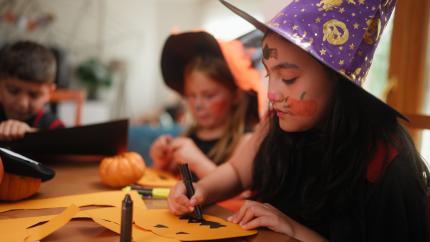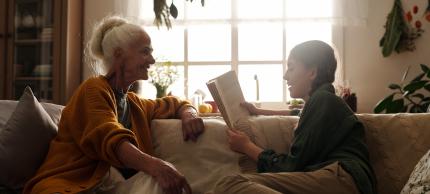Online World Cooking Series

Immigrant chefs prepare a meal live over Zoom while participants cook along in their home kitchens.

Immigrant chefs prepare a meal live over Zoom while participants cook along in their home kitchens.

In a series of on-demand YouTube videos, local young authors talk about books they have self-published.

In this weekly Facebook Live series, staff present crafts that are easy for kids to create at home. For the fall season, an easy DIY Halloween puppet.

The Intergenerational Book Club is designed to create cross-generational connections where tweens and seniors can speak on an equal footing.

Get your pets fashion runway ready in this hands-on program.
This list has the resources you need to help plan hybrid programs.
How can you promote and evaluate your hybrid programs so they become standouts in your programming lineup?
Check out these online tools to help maximize audience engagement in virtual or hybrid programs.
What can we learn from small and rural libraries about hybrid programming?
Accessibility, convenience and comfort for attendees make hybrid programs worth it.